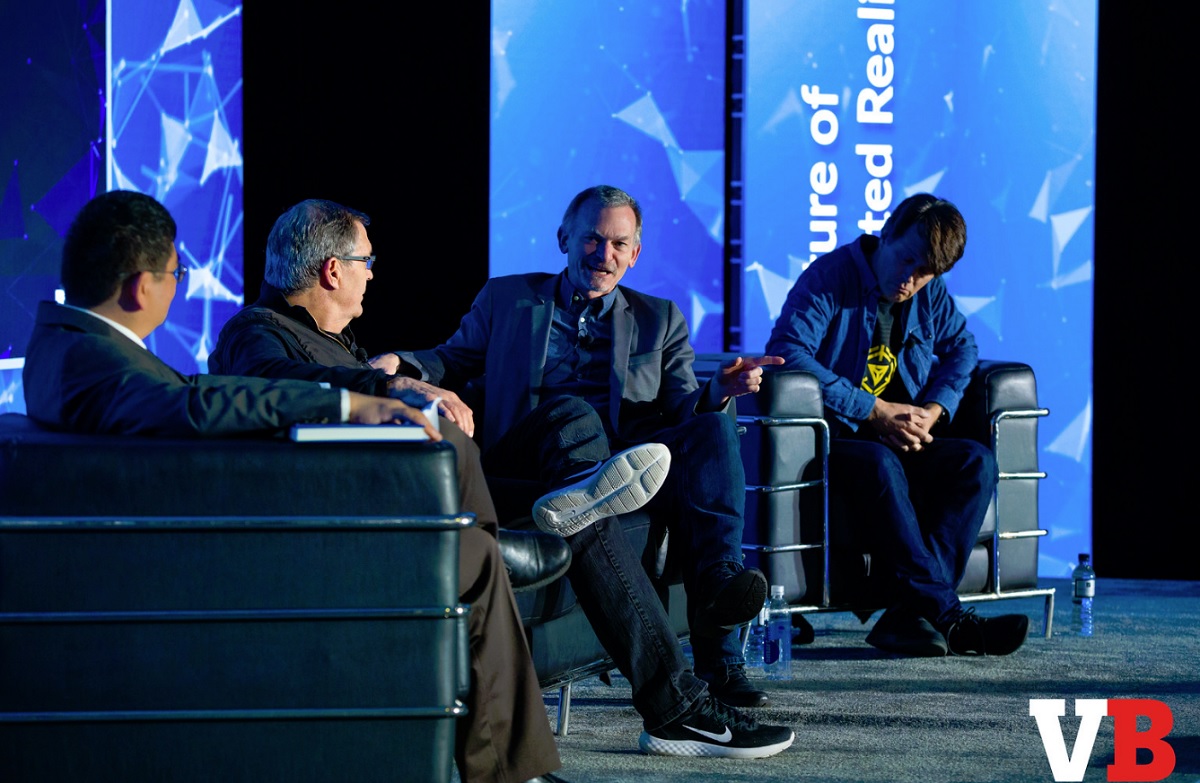Augmented reality may be the future of games, but there are some huge problems that stand in its way. So we decided to gather three of the biggest AR visionaries and product makers to show us the path to the future at our GamesBeat Summit 2017 event last week.
Our panelists included John Hanke, CEO of Niantic Labs and co-creator of Pokémon Go; Ralph Osterhout, CEO of Osterhout Design Group, maker of augmented reality glasses; and John Underkoffler, CEO of Oblong Industries, maker of the Mezzanine collaboration software and science advisor for the film Minority Report.

Unlock premium content and VIP community perks with GB M A X!
Join now to enjoy our free and premium membership perks.
![]()

![]()